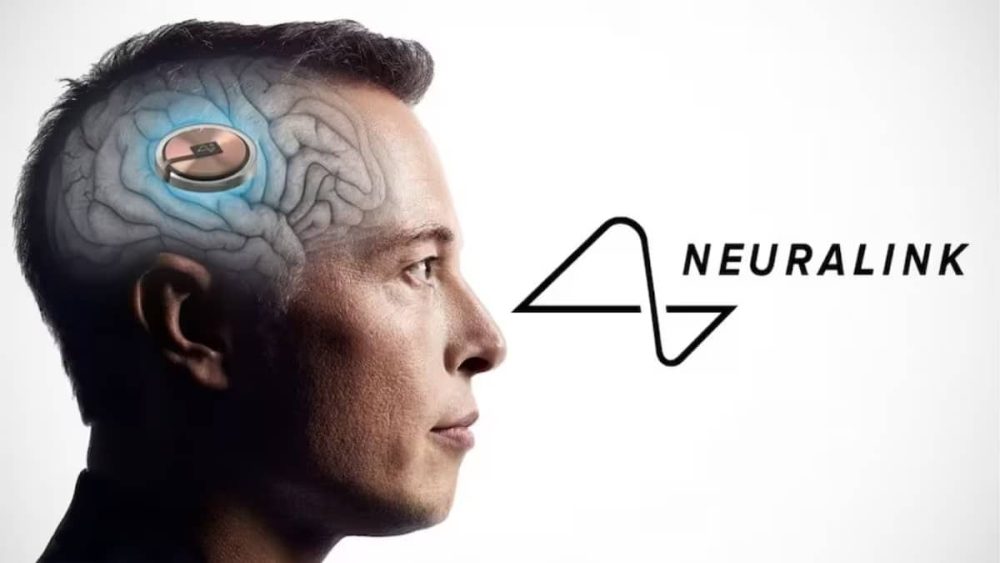A significant breakthrough has been achieved in the realm of technological healthcare, with Neuralink, Elon Musk’s brain chip startup, announcing the successful implantation of its device in a human patient for the first time. Elon Musk revealed that the procedure took place on Sunday, and the patient is reportedly in good health. This milestone goes beyond showcasing Neuralink’s ambition; it marks a substantial leap forward in the field of brain-computer interfaces (BCIs), made possible by the U.S. Food and Drug Administration’s approval for human trials granted last year.
The daring trial seeks to empower individuals suffering from paralysis by enabling them to control digital interfaces, such as computer cursors or keyboards, seamlessly through their thoughts. The implantation process involves using a high-precision surgical robot to place a chip within the brain region responsible for controlling movement intention. This chip is equipped with ultra-fine threads designed to intercept neural signals, transforming thoughts and intentions into tangible digital actions. Neuralink has aptly named its inaugural product “Telepathy,” evoking a sense of science fiction.
READ MORE: School Timings in Punjab to Undergo Another Adjustment Next Month
While the recent strides in Neuralink’s technology have sparked optimism, it is essential to acknowledge the scrutiny the company has faced. Questions about Neuralink’s safety measures have surfaced, especially following a fine imposed by the U.S. Department of Transportation for mishandling hazardous materials. Additionally, a group of lawmakers has urged the U.S. Securities and Exchange Commission (SEC) to conduct a thorough investigation into potential misrepresentations made by Elon Musk regarding the safety of Neuralink’s technology. These concerns stem from reports detailing adverse outcomes observed in animal trials. The effectiveness of the brain chip implant in the long term and its impact on the patient remain to be seen.


